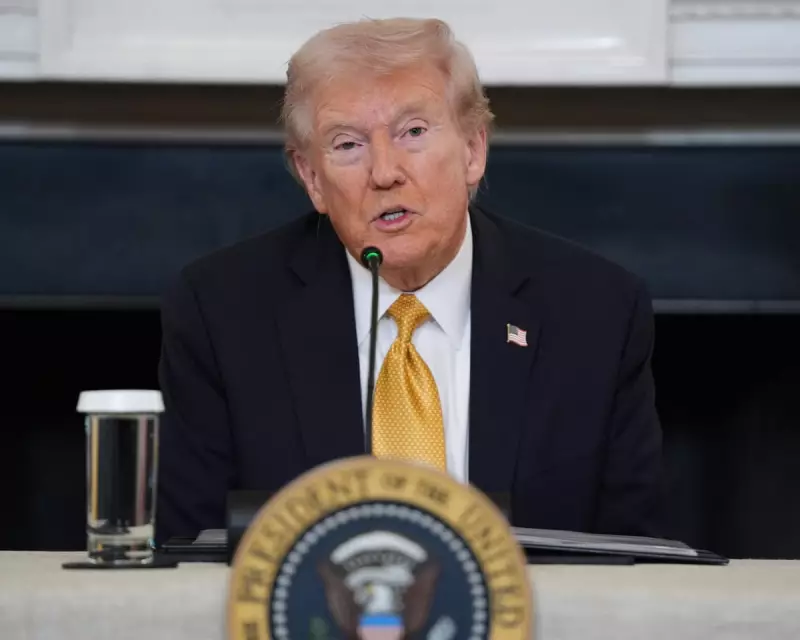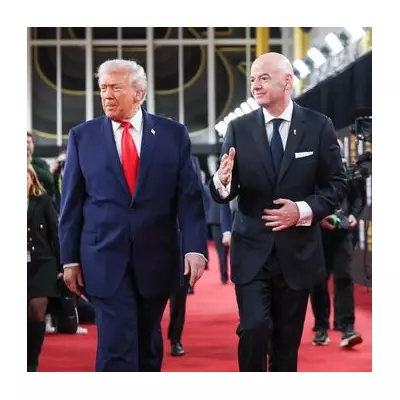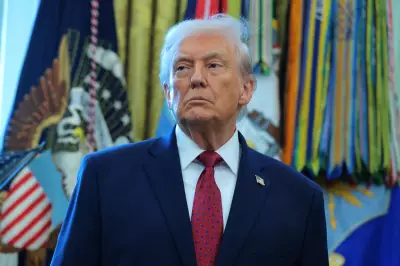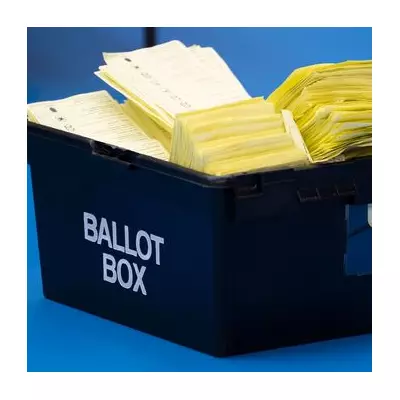
In a striking rebuke of presidential authority, the US Senate has taken decisive action against Donald Trump's controversial move to relax sanctions on Venezuela's oil sector. The political manoeuvre sets the stage for a significant confrontation over America's foreign policy direction.
Bipartisan Opposition Emerges
Lawmakers from both sides of the political aisle have united in opposition to the sanctions relief, arguing that it effectively rewards Nicolás Maduro's authoritarian regime without securing meaningful democratic reforms. The Senate's resolution of disapproval represents one of the most significant congressional challenges to Trump's executive authority since his return to political prominence.
The debate has exposed deep divisions within Republican ranks, with traditional foreign policy hawks clashing with those advocating for a more transactional approach to international relations. Meanwhile, Democratic senators have condemned the move as a dangerous precedent that could undermine decades of bipartisan Venezuela policy.
Economic and Strategic Implications
The proposed sanctions relief would have allowed Chevron and other US energy companies to resume operations in Venezuela, potentially flooding global markets with additional crude oil. Proponents argued this would help stabilise energy prices and reduce American dependence on Middle Eastern oil.
However, critics warned of multiple risks:
- Bolstering Maduro's grip on power through increased oil revenues
- Undermining opposition leader María Corina Machado and other democratic forces
- Complicating international efforts to pressure the regime
- Creating geopolitical advantages for rivals like Russia and China
What Happens Next?
The Senate's action now moves to the House of Representatives, where its fate remains uncertain. Even if passed by both chambers, the resolution would likely face a presidential veto, setting up a high-stakes political battle during an already turbulent election season.
This development represents more than just a policy disagreement—it signals a fundamental shift in how Congress intends to exercise its oversight role in foreign affairs, particularly when it comes to controversial executive actions.





